As told by Isaac Smith
To current students at UVU, I say put yourself out there because you never know whom you will get along with or where opportunities lie.
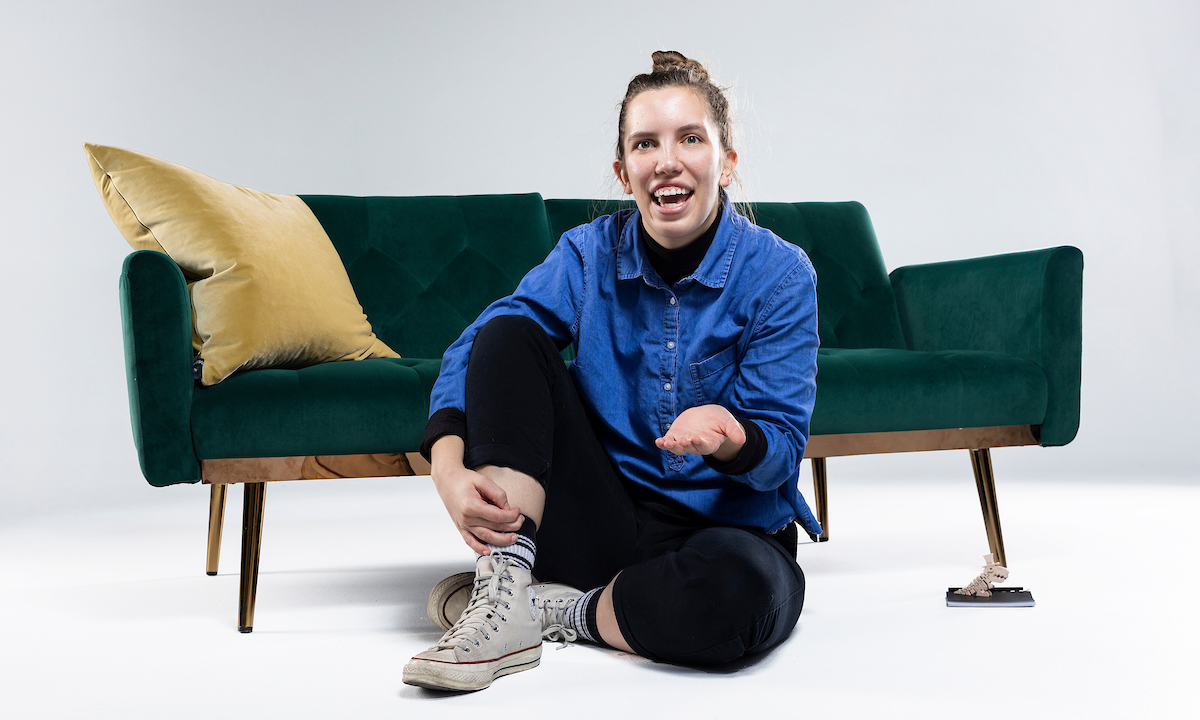
Photo by Emily Muñoz
My childhood was kind of different because my parents are deaf, so I’m a CODA, which stands for Child of Deaf Adults. I have a lot of wild and crazy stories.
Imagine being in the grocery line, and the cashier asks, “Hey, how are you today?” And the five-year-old who’s loading groceries onto the cart is like, “We’re doing good, thanks!” Or at the doctor’s office, I’m trying not to puke, and then I’m also trying to translate for my parents to figure out what medicine to get me because doctors have really bad handwriting. Instances like that weren’t necessarily in everyone’s childhood, and they really formed me into who I am today because I got a firsthand look at how the world isn’t fair or the same for everyone who lives in it.
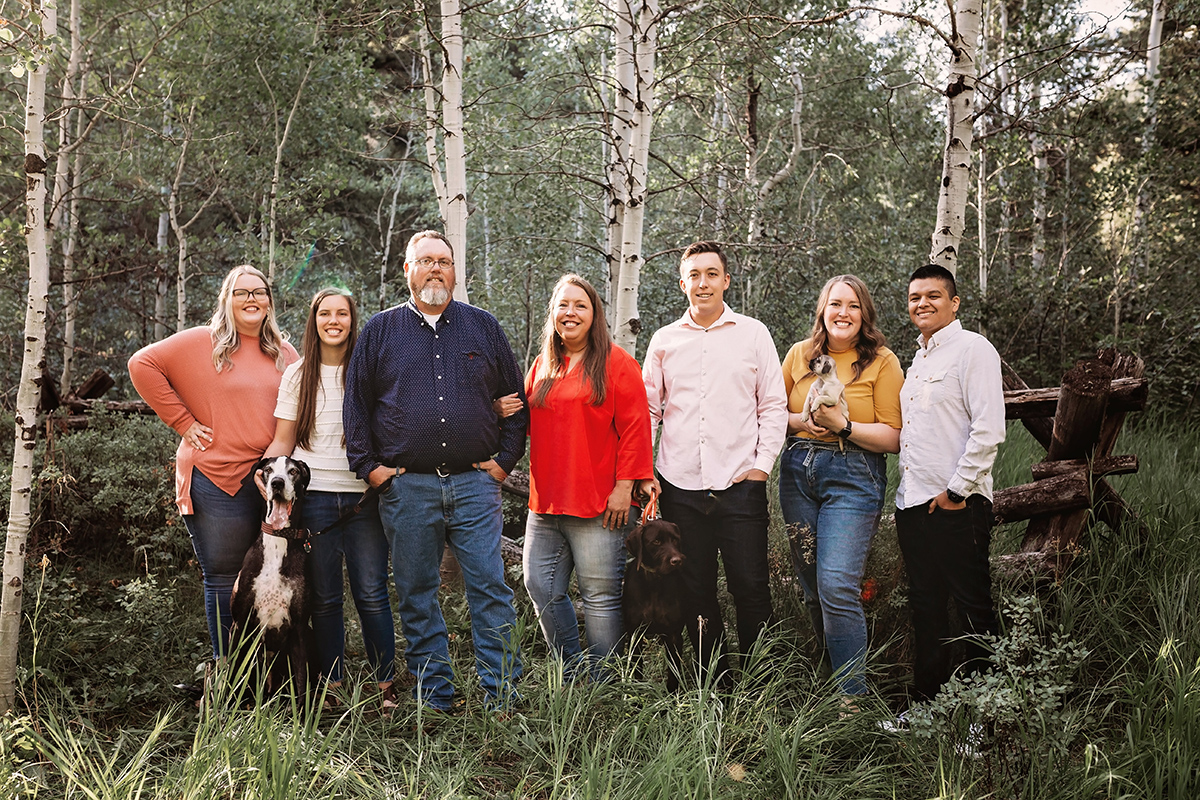
It was really tough at times. I used to not tell people that my parents were deaf because it would kind of ostracize me from the group. It wasn’t any fault of my parents, but it made me different, and I didn’t want to feel different, and I didn’t want people to perceive me as different. It took a lot for me to get over that.
Going through high school and college, I realized that it is kind of like a superpower. If I’m in a show with 100 people in the audience, and five of them are my deaf parents and their friends, they’re going to be cheering the loudest, and they’re going to laugh really hard. It’s just a grand old time now.
I got into theatre pretty late compared to other people because I started in my sophomore year of high school, and I know people here at UVU who have been singing and dancing since they were three years old.
For me, I really loved musicals, especially singing and dancing and getting your emotions out, and I thought the people on stage were really talented. So I was like, “Oh, I want to do that.” And then I tried that.
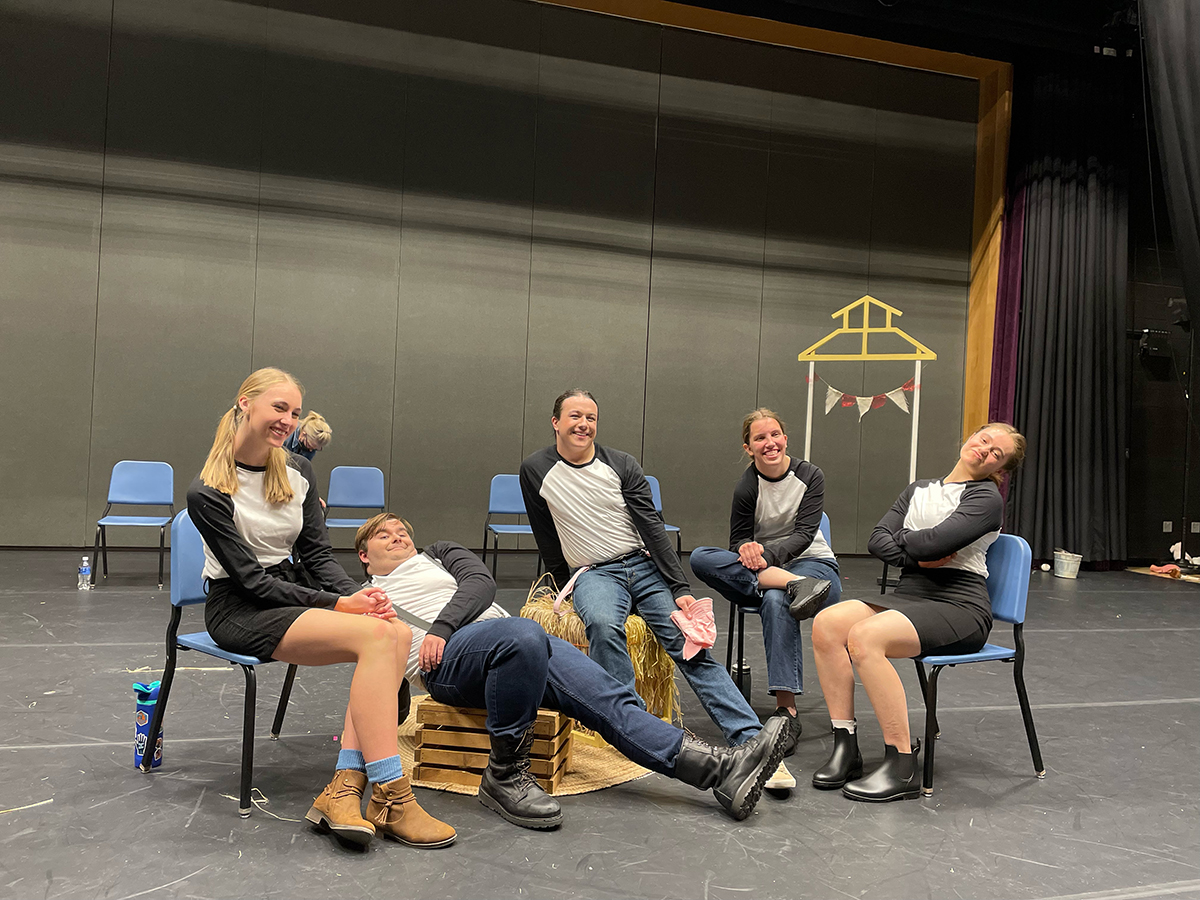
I found out that theatre directors are a thing. They get to pull the strings behind every production and get their vision on stage — with compromise, obviously, because they have a whole team of people to help them. I figured out that that's the place that I want to be. You get to have a hand in every single aspect of theatre: backstage, in front of the stage, set design, costume design, scene design, lighting design, and all that fun stuff.
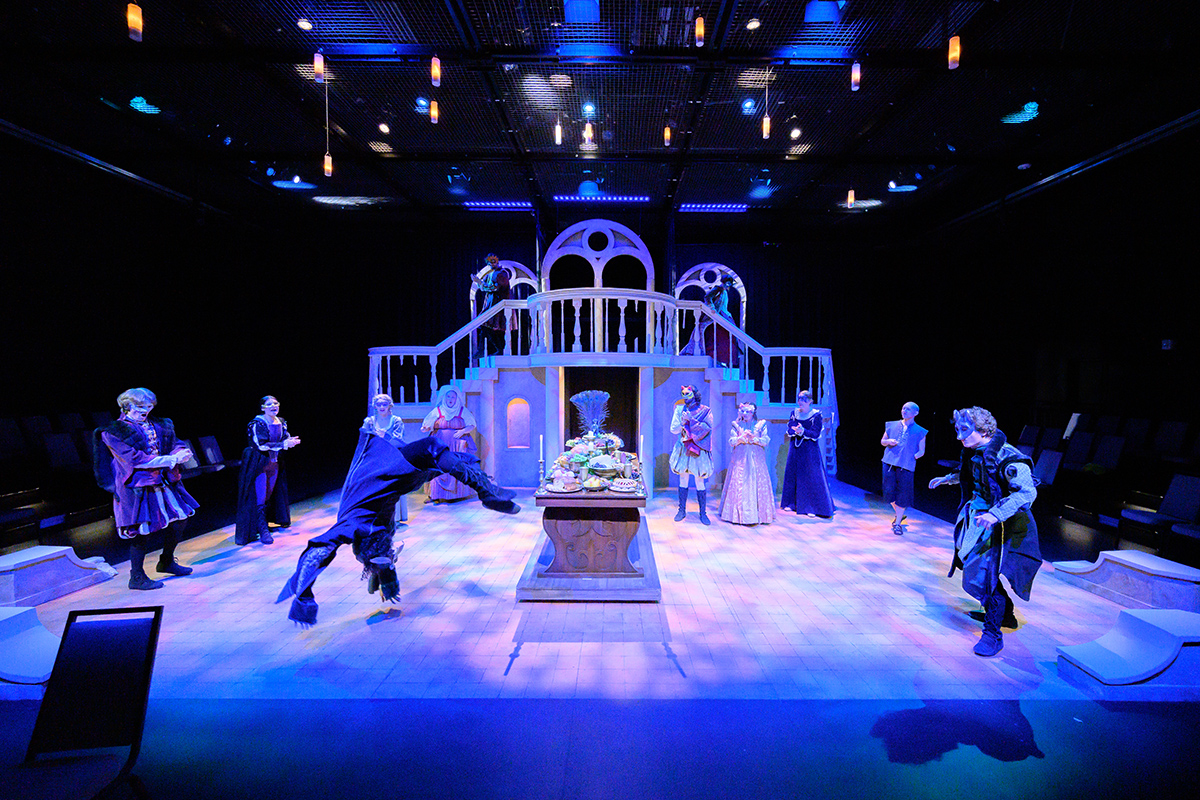
I was the assistant director for UVU’s performance of “Romeo and Juliet.” I was also the understudy for 10 roles, appeared in the ensemble every night, and was the ASL coach. It was a lot of stuff to do in a two-month period.
We wanted to do an ASL version of “Romeo and Juliet” because deaf people have existed forever and ever, and they're going to continue to exist. But their stories are rarely told because people don't want to get over the hill of casting a deaf person in something.
We also had an amputee in the cast, and we had actors with autism. It created this really cool environment where everyone brought different things and different stories to the table, and it ended up so wonderfully. We had an American Sign Language (ASL) night, where all the ASL students came to watch, and we had interpreters in the room every single day. There was so much input from all these cool people to put this spin on “Romeo and Juliet” that the world had never seen before.
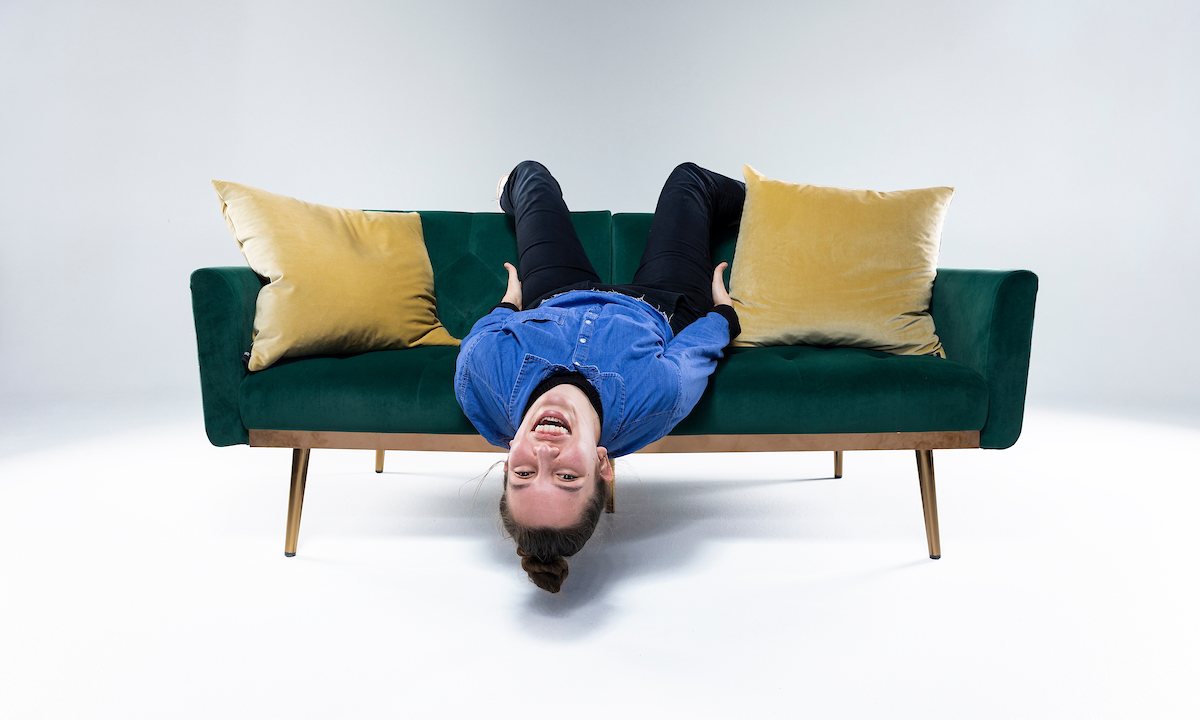
To current students at UVU, I say put yourself out there because you never know whom you will get along with or where opportunities lie. Take the leap, take the step, and just ask people questions. Ask if you can get involved because there is a spot for you. And once you find it here, you're going to do so great. And it's going to be so great.
Links: